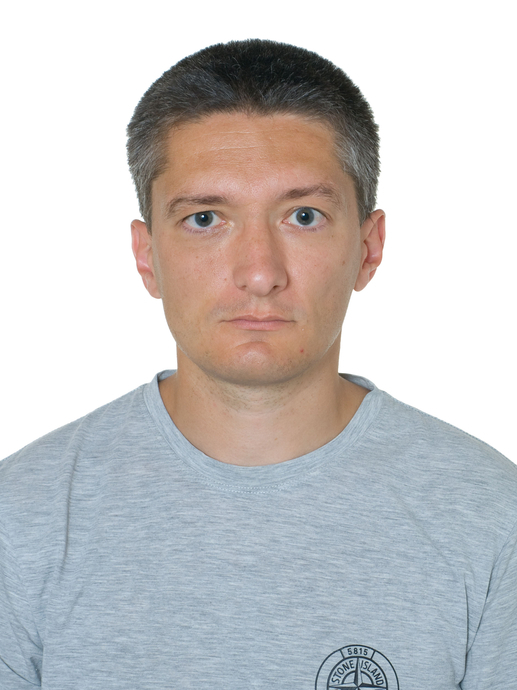The Dr. Philos defence and the two trial lectures will be streamed. The chair of the defence will moderate the disputation.
Ex auditorio questions: the chair of the defence will invite the audience physically present in the auditorium to ask ex auditorio questions.
→ Live streaming of trial lectures and disputation
→ Request for thesis copy (available until the disputation starts)
Trial lecture - topic chosen by the candidate
Time and place: November 22, 2023; 6:15 PM,
Attention: new date and time: November 23, 09:15 AM
Kristian Birkelands auditorium (Ø157) - Fysikkbygningen
Title: "Quantum versus classical computing: the origin of advantage"
Trial lecture - topic chosen by the committee
Time and place: November 23, 2023; 10:15 AM,
Attention: new time: November 23, 10:30 AM
Kristian Birkelands auditorium (Ø157) - Fysikkbygningen
Title: "The role of the Higgs field in the early universe and the long-term stability of the universe"
Main research findings
As known, data is a valuable resource nowadays. But what about what we do not know? In what way does our lack of knowledge affect the description of reality and, what is even more important, how can we use this for our own benefit?Complete knowledge about a system presupposes its being in a certain state. If some information is unavailable, one should deal with probability distributions. This means that system properties are determined both by what we know and what we do not. The latter one can be estimated with information entropy, which is the main instrumentused throughout the presented research. The aim of this thesis is to demonstrate how information entropy can help us solve intriguing problems in high energy physics and astrophysics.The study was conducted for different systems. It demonstrates that microscopic description affects the entropy and pinpoints with greater precision the (tri)critical point of the excited medium emerging in ultrarelativistic high energy collisions. Also, the contribution of the Unruh radiation of spinless particles to the Bekenstein-Hawking radiation entropy of Schwarzschild black holes is calculated.
Adjudication Committee
- Professor Sonia Kabana, Laboratory of Subatomic Physics and related Technologies, IMT Atlantique, France
- Dr. Friedrich Koenig, School of Physics and Astronomy, University of St. Andrews, Scotland
- Professor Alexander Lincoln Read, Department of Physics, University of Oslo, Norway
Chair of defence
- Professor Olav Fredrik Syljuåsen, Department of Physics, University of Oslo, Norway
Contact information to Department: Line Trosterud Resvold
